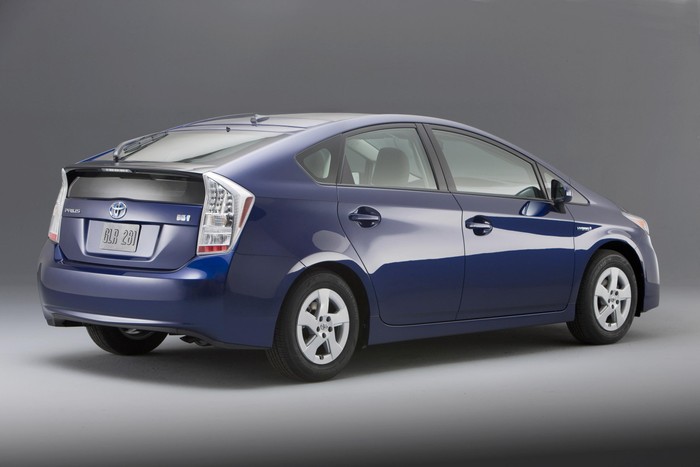
Toyota admits 20K Prius power inverters failed despite recall
A California dealer has accused the company of mishandling the defect by rolling out an ineffective software fix rather than replacing the problematic electronics.
Toyota has admitted that it has replaced tens of thousands of Prius power inverters in vehicles that had been recalled to address a safety defect related to the electronic components.
The company in 2014 launched a recall campaign for approximately 800,000 vehicles from the 2010-2014 model years. The hybrid powertrain's inverter was prone to overheating and failure, causing some vehicles to be completely disabled while underway.
A lawsuit filed by disgruntled Toyota dealer Roger Hogan accuses the company of failing to address the root of the safety defect, rolling out software that would allow the vehicles to 'limp' off the road at 15 mph rather than replacing the inverters to prevent failure. The plaintiff claims the recall included misleading information that the software fix would prevent failure, while some vehicles with the new software allegedly failed to enter limp mode after the inverter shut down.
Testifying at the ongoing trial, Toyota Motor Sales USA quality VP Tom Trisdale said that the company had received somewhere between 18,000-20,000 warranty claims for failed inverters covered by the recall, according to the Los Angeles Times.
"Toyota is committed to the safety and security of its customers, and we are confident the evidence has shown that Toyota acted appropriately in addressing vehicle safety issues and in its business dealings with Mr Hogan," the Japanese automaker said in a statement. "We believe Mr Hogan's allegations are without merit."
Hogan claims that Toyota retaliated against his dealership network when he cried foul over the recall handling, limiting shipments of valuable trucks and consequently causing him to lose millions in potential profits. The automaker claims that the vehicle allocation decisions were made based on sales performance.